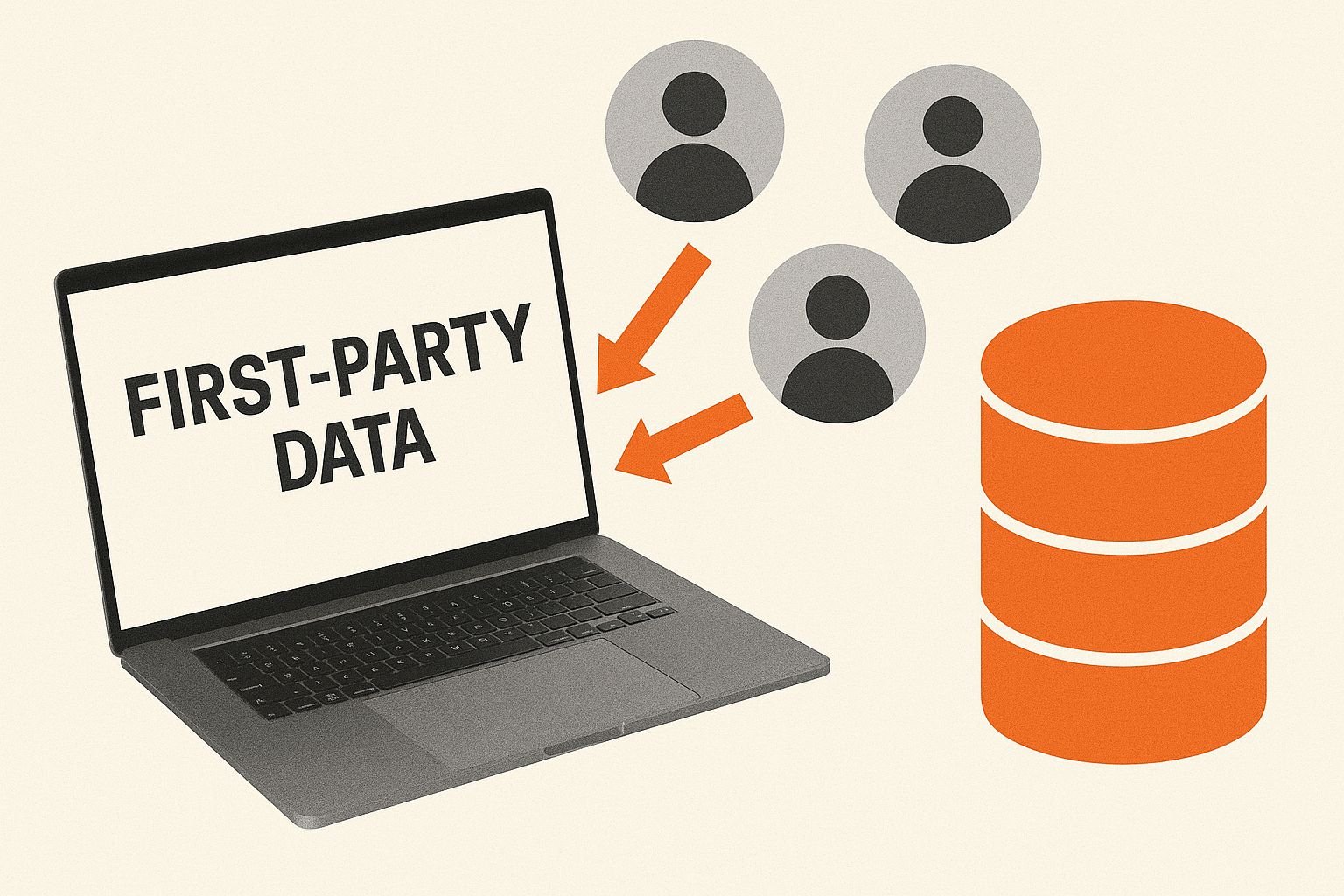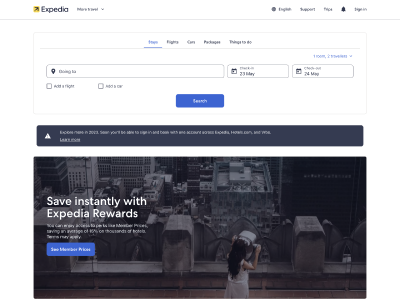Google has just announced that they won’t be killing off third-party cookies in Chrome after advertisers and publishers have spent years trying to figure out solutions. But it doesn’t matter anyway.
Google said it’s introducing a “new experience in Chrome” that will allow users to make more informed decisions about their browsing and ad targeting, and they can adjust as they go.
84% of Australians want more control and choice over the collection and use of their personal information, and just 32% feel in control of their data and privacy, according to the Office of the Australian Information Commissioner. So while Google giving users more choice is a good thing, it shouldn’t change what we as marketers need to still do in order to protect as well as target our customers.
Google believes its Privacy Sandbox has protected its users enough while ensuring advertisers can target their audiences.
“We developed the Privacy Sandbox with the goal of finding innovative solutions that meaningfully improve online privacy while preserving an ad-supported internet that supports a vibrant ecosystem of publishers, connects businesses with customers, and offers all of us free access to a wide range of content…
“Early testing from ad tech companies, including Google, has indicated that the Privacy Sandbox APIs have the potential to achieve these outcomes. And we expect that overall performance using Privacy Sandbox APIs will improve over time as industry adoption increases. At the same time, we recognize this transition requires significant work by many participants and will have an impact on publishers, advertisers, and everyone involved in online advertising.”
To make this solution work, advertisers need to embrace Privacy Sandbox APIs, including Google’s Topic API, Protected Audience API and Attribution Reporting API, as well as other privacy solutions from Google, including Consent Mode V2 and Behavioral Modeling in Google Analytics 4, and Enhanced Conversion, Consent Mode and Conversion Modeling in Google Ads.
This announcement from Google essentially means users have more choice over their data. It remains to be seen whether users will opt out of cookies or not. If Consent Mode is anything to go by, we could see huge differences by country and location.
For example, for one of our clients, we saw that 15% of users in Austria opted out, while 40% of users in Germany opted out of cookies. This difference can have a huge impact on your data and data-driven decisions.
The data privacy landscape is rapidly evolving. And while this announcement from Google may make some advertisers breathe a sigh of relief, data privacy will continue to evolve in favour of the consumer. It makes sense to comply to the highest global standards of data privacy, such as the GDPR. Simultaneously, the coming announcement from the Australian Government on the upcoming privacy reforms, show that marketers still need to act fast to comply with stricter regulations. This announcement from Google is certainly not a stop sign.
Need more? Download our free guide to cookies and data privacy for marketers.












